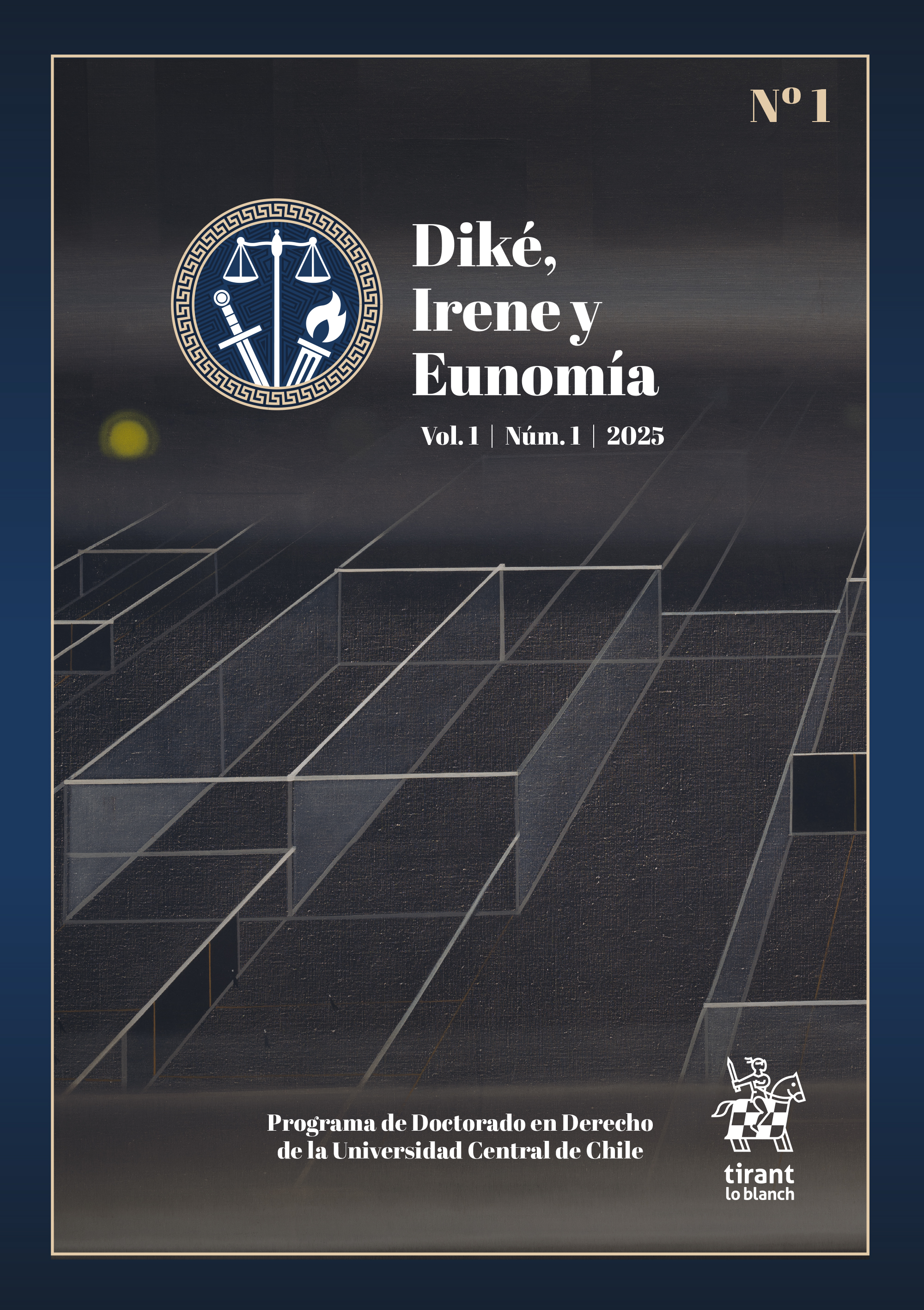Algorithmic Governance: Ethical-Legal Keys in Times of Automation
DOI:
https://doi.org/10.36151/RDIE.2025.1.1.03Keywords:
Algorithms ethics, Fundamental rights, Discriminatory bias, Precautionary principle, Transparency, Digital governanceAbstract
In recent decades, the advancement of artificial intelligence (AI) has profoundly transformed society, directly impacting legal frameworks and fundamental rights. The integration of automated systems into sensitive sectors such as healthcare and employment underscores the urgent need to establish ethical and legal frameworks to guide AI regulation and ensure its development aligns with human dignity. This paper offers an overview of how AI systems operate and offers a critical analysis of the core principles that should guide their regulation, with a particular focus on the approach adopted by the European Union. Special attention is given to the precautionary principle and the principle of algorithmic transparency, which serve as normative tools to address structural risks and ensure accountability. The central proposal is to promote inclusive and responsible algorithmic governance—one that goes beyond abstract principles and is translated into clear legal obligations aimed on protecting fundamental rights and ensuring the social legitimacy of artificial intelligence.



